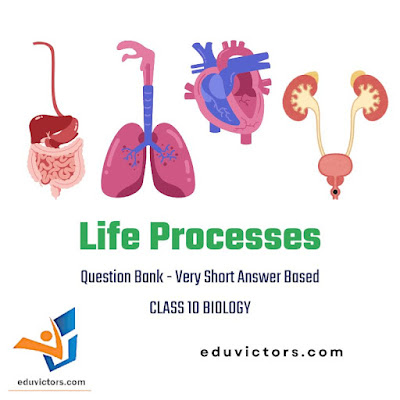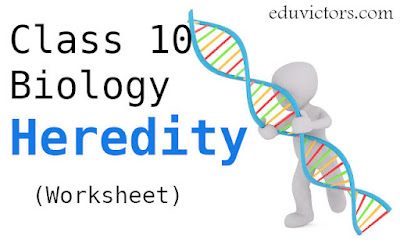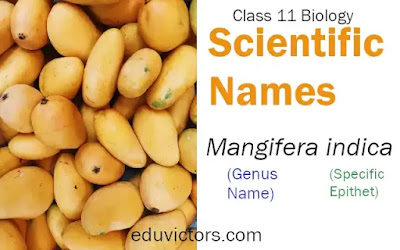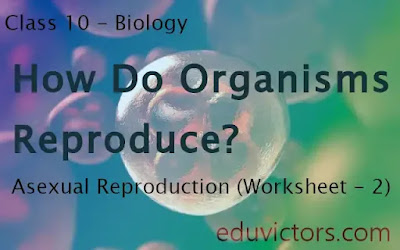CBSE Class 10 Biology - Questions and Answers Related to Activity To Show Chlorophyll is Necessary For Photosynthesis
Chapter: Life Processes (NCERT Book Activity 6.1)
Activity Steps
Step 1: Take a potted plant with variegated leaves – for example, a money plant or croton.
Step 2: Keep the plant in a dark room for three days so that all the starch gets used up.
Step 3: Now keep the plant in sunlight for about six hours.
Step 4: Pluck a leaf from the plant. Mark the green areas in it and trace them on a sheet of paper.
Step 5: Dip the leaf in boiling water for a few minutes.
Step 6: After this, immerse it in a beaker containing alcohol.
Step 7: Carefully place the above beaker in a water bath and heat till the alcohol begins to boil.
What happens to the colour of the leaf? What is the colour of the solution?
Step 8: Now dip the leaf in a dilute solution of iodine for a few minutes.
Take out the leaf and rinse off the iodine solution.
Observe the colour of the leaf and compare this with the tracing of the leaf done in the beginning.
What can you conclude about the presence of starch in various areas of the leaf?



















